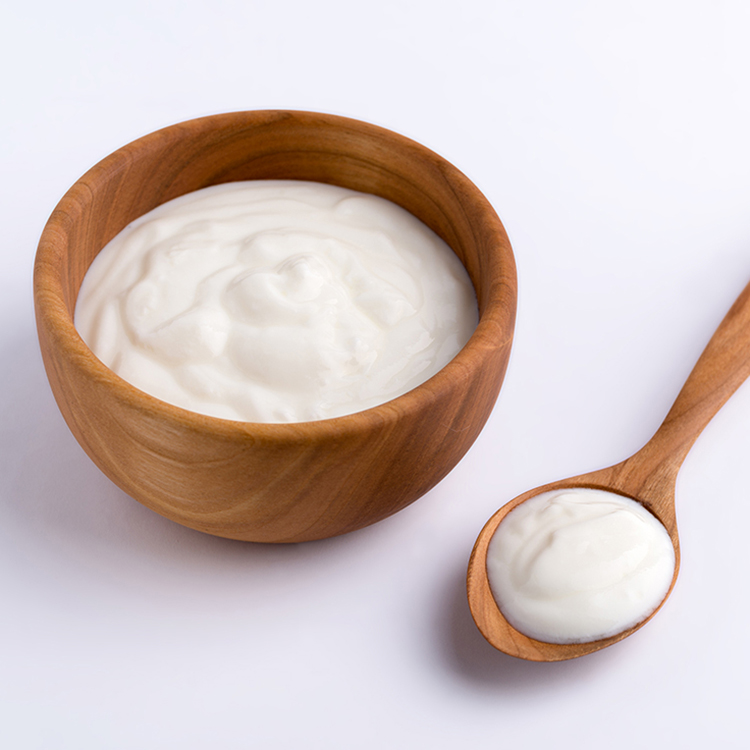Probiotics are live microorganisms that can be beneficial for human health. They are commonly found in fermented foods like yogurt, kefir, and kimchi, as well as in dietary supplements.
Benefits of Probiotics
- Digestive health: Probiotics are often used to improve digestive health by promoting the growth of beneficial bacteria in the gut. They may help alleviate digestive issues such as bloating, constipation, and diarrhea.
- Immune system support: Probiotics may help boost the immune system by promoting the growth of beneficial bacteria that can help fight off harmful pathogens.
- Women’s health: Probiotics may be helpful in promoting women’s health by reducing the risk of urinary tract infections, bacterial vaginosis, and yeast infections.
- Mental health: Some research suggests that probiotics may have a positive effect on mental health by reducing symptoms of anxiety and depression.
Nutritional facts of Probiotics
The nutritional content of probiotic-containing foods may vary depending on the specific product and brand. It’s also worth noting that not all probiotic supplements and foods are created equal, and their efficacy may vary. The nutritional facts for one 6-ounce (170-gram) serving of plain, low-fat yogurt:
- Calcium: 311 mg (31% of the Daily Value)
- Vitamin B12: 1.1 mcg (18% of the Daily Value)
- Potassium: 380 mg (11% of the Daily Value)
- Magnesium: 18 mg (4% of the Daily Value)
Risks of Probiotics
Probiotics are generally considered safe for most people when consumed in moderation. However, there are some potential risks and side effects associated with their use. Here are some risks and precautions to consider:
- Allergic reactions: Some people may have an allergic reaction to certain strains of probiotics. Symptoms may include itching, hives, difficulty breathing, or anaphylaxis in severe cases.
- Infection risk: People with weakened immune systems or those with certain medical conditions may be at increased risk of infection from probiotics, especially in the case of probiotics that contain live bacteria.
- Digestive symptoms: Some people may experience digestive symptoms such as bloating, gas, and diarrhea when consuming probiotics.




